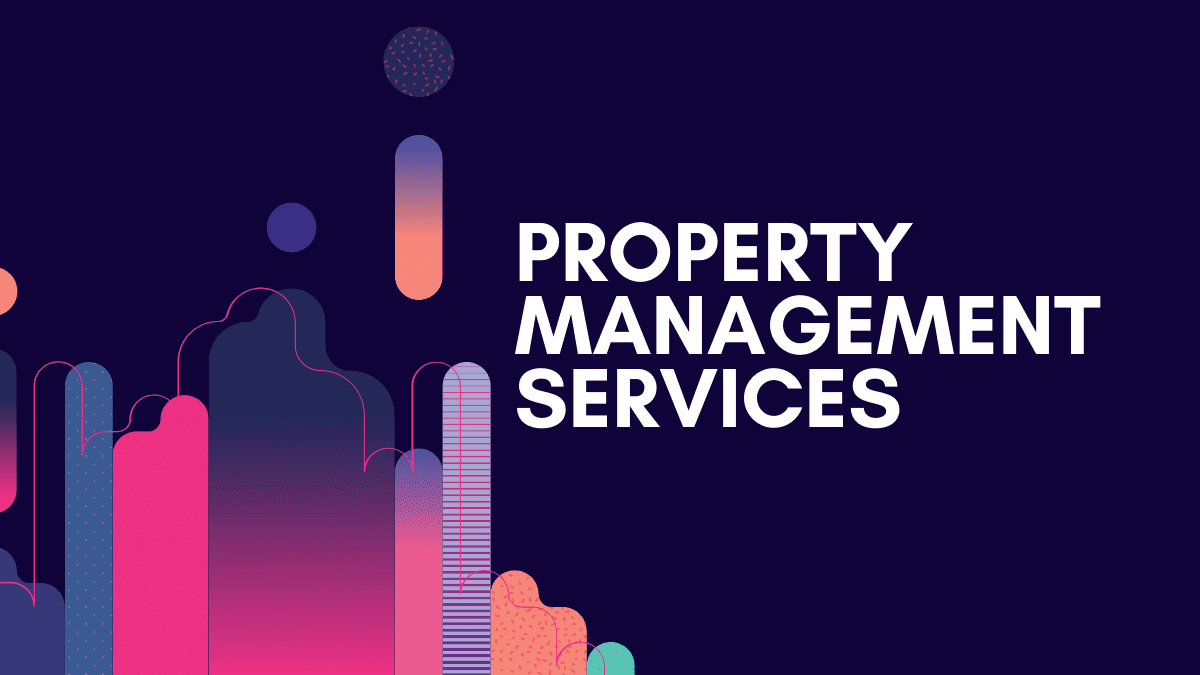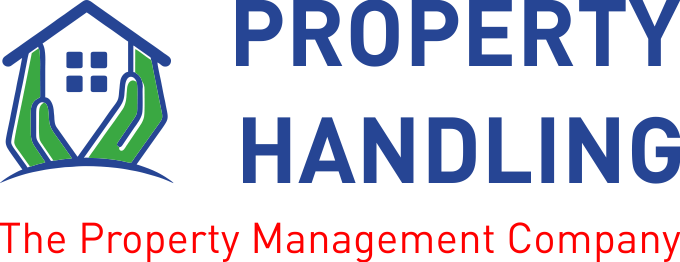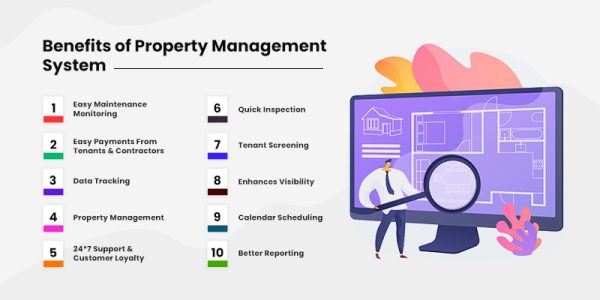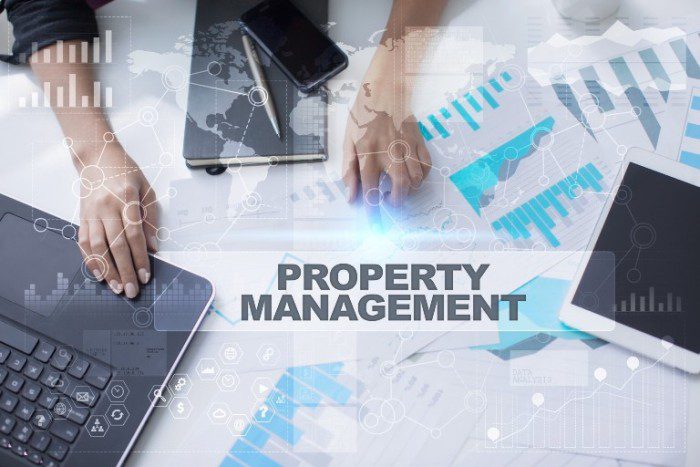
Exploring the Multifaceted Realm of Property Management: Oversight, Administration, and Beyond
Understanding the Basics
The Importance in the Real Estate Sector :
In the real estate sector, the importance of effective property management cannot be overstated. Beyond the basic responsibilities of overseeing day-to-day operations, tenant relations, and maintenance, property management is a strategic linchpin that directly influences the financial performance and long-term viability of real estate assets.
Defining property management :
Property management is a comprehensive discipline within the real estate sector that encompasses the strategic oversight, administration, and optimization of various types of properties. It involves a multifaceted approach, including tasks such as tenant relations, financial management, maintenance, marketing, and compliance with regulatory requirements.
Core Concepts and Principles
The Evolution of Property Management Practices:
Property management has undergone a notable evolution over the years, adapting to the changing landscape of real estate and the demands of property owners and tenants. Traditionally seen as a reactive field primarily focused on basic maintenance and rent collection, modern property management practices have shifted towards a more proactive and holistic approach.
Read More About Property Management Services
Key Roles in Property Management:
Within the dynamic landscape of property management, several key roles play critical functions in ensuring the success of real estate assets. Property managers serve as the linchpin, overseeing day-to-day operations, financial aspects, and tenant relations. They act as a bridge between property owners and tenants, ensuring smooth communication and conflict resolution.
Overview of Property Manager Responsibilities
Distinguishing Between Different Management Roles :
Within the realm of property management, various roles exist to address the diverse needs of real estate assets. At the core is the Property Manager, responsible for overseeing day-to-day operations, tenant relations, and strategic planning. Maintenance personnel play a vital role in preserving property value through timely repairs and upkeep.
Types of Property Management
Property management can be categorized into various types based on the nature and purpose of the real estate assets being managed. The primary types of property management include:
Residential Property Management :
Residential property management is a specialized facet of real estate dedicated to the effective administration of various housing types, including single-family homes, apartments, and condominiums. At the core of this discipline is the facilitation of smooth landlord-tenant relationships, involving tasks such as tenant screening, lease agreements, and responsive maintenance services.
Commercial Property Management Commercial property management is a specialized field within real estate focused on the efficient oversight of commercial properties such as office buildings, retail centers, and industrial complexes. Professionals in this role handle diverse tasks, including lease negotiations, tenant relations, and property maintenance, aiming to maximize the financial performance of the assets.
Read More About Property Management in Hyderabad
Industrial and Specialized Property Management :
Industrial and specialized property management is a distinct segment within the real estate sector dedicated to the effective administration of properties like warehouses, manufacturing facilities, and unique, specialized spaces. Professionals in this field focus on optimizing operational efficiency, overseeing logistics, and maintaining industrial equipment.
The Duties of a Property Manager:
A property manager plays a pivotal role in overseeing the day-to-day operations and maximizing the value of real estate assets. Their responsibilities encompass a wide range of duties, including tenant relations, lease management, and property maintenance.
Tenant Acquisition and Relations:
Tenant acquisition and relations are critical aspects of a property manager’s role. Property managers engage in strategic marketing to attract quality tenants, showcasing properties through effective advertising and promotional channels. They conduct thorough tenant screening processes to ensure a reliable and responsible renter pool. Once tenants are secured, property managers foster positive relations by addressing inquiries promptly, facilitating smooth move-ins.
Maintenance and Repairs :
Maintenance and repairs are essential components of a property manager’s responsibilities. Property managers coordinate regular maintenance schedules to uphold property standards and address minor issues proactively. In response to repair needs, they efficiently liaise with contractors and service providers, ensuring timely and cost-effective solutions.
Financial Management and Record Keeping :
Financial management and record-keeping form the bedrock of a property manager’s duties. Property managers establish and oversee budgets, ensuring financial goals align with property objectives. They meticulously track income and expenses, offering property owners transparent insights into the financial performance.
Compliance with Laws and Regulations:
Ensuring compliance with laws and regulations is a paramount responsibility for property managers. They stay abreast of local, state, and federal housing regulations, implementing policies that adhere to legal requirements. From lease agreements to eviction processes.
Challenges in Property Management :
Property managers face various challenges, including tenant disputes, maintenance issues, and fluctuating market conditions. Balancing the needs of property owners and tenants, resolving conflicts.
Dealing with Difficult Situations :
Navigating difficult situations is a crucial aspect of property management. Whether addressing tenant conflicts, handling emergency situations, or managing unexpected repairs, property managers must exhibit strong communication and problem-solving skills.
Keeping Up with Market Changes :
Keeping up with market changes is a constant challenge for property managers. They must stay abreast of fluctuating rental trends, property values, and emerging technologies impacting the real estate landscape.
Technology in Property Management :
Technology plays a transformative role in modern property management, streamlining operations and enhancing efficiency. Property managers leverage software for tasks such as rent collection, maintenance tracking, and communication with tenants.
The Role of Digital Tools and Platforms :
Digital tools and platforms play a pivotal role in modern property management, revolutionizing traditional practices. Property managers utilize sophisticated software for tasks such as lease management, financial tracking, and tenant communication.
Future Trends and Innovations :
Future trends in property management are poised to embrace technological innovations, with the rise of artificial intelligence, machine learning, and smart building technologies. Predictive analytics will play a key role in anticipating maintenance needs and optimizing property performance.
Selecting a Property Management Service:
When selecting a property management service, it’s crucial to consider their track record and reputation in effectively managing properties similar to yours. Evaluate their range of services, ensuring they align with your specific needs, from tenant acquisition to financial management.
Criteria for Choosing the Right Service :
Selecting the right service involves assessing key criteria such as the service provider’s experience and track record in managing properties similar to yours. Ensure the services offered align with your specific needs, encompassing tenant relations, maintenance, and financial management.
Conclusion:
Selecting the right property manager is a crucial decision for the success of your real estate investment. By asking pertinent questions and evaluating their responses, you can ensure a well-informed choice. A reliable property manager not only aligns with your property’s specific needs but also becomes a strategic partner in optimizing its value and ensuring a smooth operational experience.
Summarizing Key Points
The Future Outlook for Property Management
The future outlook for property management points toward a dynamic landscape shaped by technological advancements and evolving market trends. The integration of artificial intelligence,machine learning, and smart building technologies is set to revolutionize operational efficiency and tenant experiences.
Related Posts
Benefits of Professional Property Management for Overseas Investors.
Benefits of Professional Property Management for Overseas Investors. Professional property management offers invaluable benefits for…
The Future of Real Estate: Trends in Property Management
The Future of Real Estate: Trends in Property Management The future of real estate holds…
The Advantages of Outsourcing Property Management Services for Busy Landlords
The Advantages of Outsourcing Property Management Services for Busy Landlords In today’s fast-paced real estate…
How Rental Management Services Can Help in Tenant Screening and Selection
How Rental Management Services Can Help in Tenant Screening and Selection Rental management services play…






